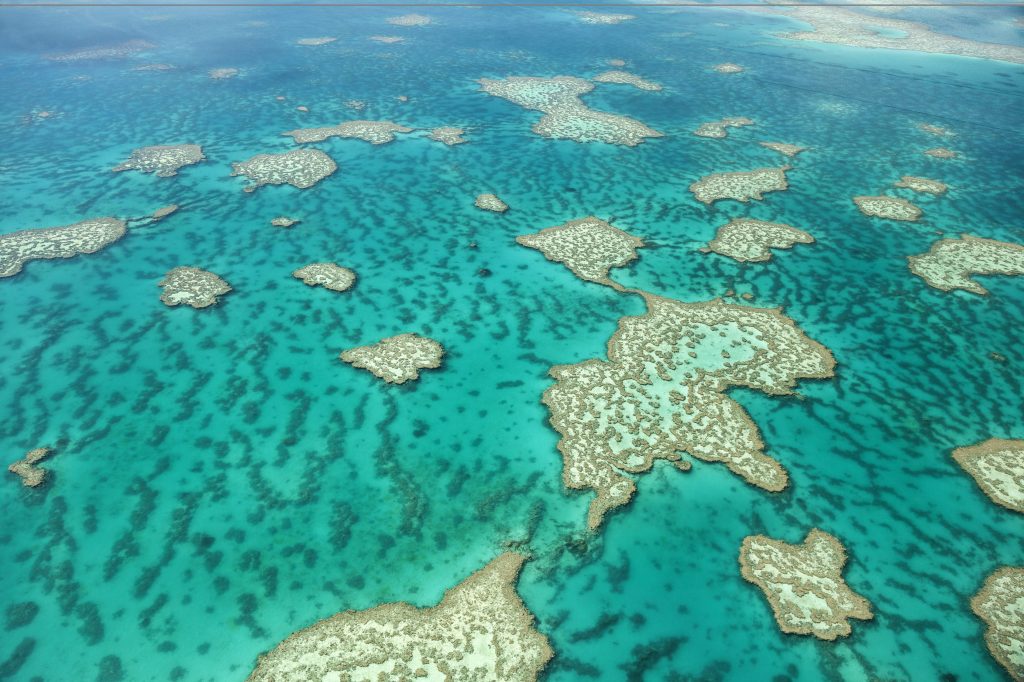Creating man maid clouds to block the sun may seem like some plan made by the villain from the cartoon, but this is the thing that the team of researc
Creating man maid clouds to block the sun may seem like some plan made by the villain from the cartoon, but this is the thing that the team of researchers from Australia is trying to do.

These days, the Great Coral Reef is suffering a lot of pressure, therefore, scientists from the Sydney Institute of Marine Science are trying to ease some of that by increasing a cloud coverage over the parts of it which are damaged the most.
In 2016 the reef has experienced the worst bleaching effect in its history which led to two-thirds of the reef to disappear as a direct result. The cause of it was the increase of marine temperature which was initially blamed on El Niño, but since it continued to happen it 2017 as well, everything points to the global warning as a culprit.
Waters all over the planet have been affected by the global warming. From the emission of nitrous oxides on to the melting of icecaps on Arctic, our fragile ecosystem is being destroyed. The warming is a problem because colorful algae which live off the reef are made to relocate to cooler places, and that causes a bleaching effect. It has to be noted that this is not just a cosmetic change since those algae provide most of the energy for the reef and in their absence, it can fall prey to many predators and parasitic organisms which can cause it to die off.
What is considered under the name MCB?
Working together with the University of Sydney’s Ocean Technology Group the researchers are trying to use marine coral brightening (MCB) to help the world’s greatest network of coral reefs. The plan consists of spraying small particles of salt in the atmosphere over the reef where they will start the creation of great water formations which will by itself create a greater number of clouds.
 Daniel Harrison, one of the people working on the project, thinks that this is the most eco-friendly way of preserving the Great Reef. The greatest advantage of this, says Harrison is that no chemicals are released into the air, all effects of the procedure are gone after 24 hours, and the procedure is supposed to be used only during the period when the reef is in the most danger of bleaching.
Daniel Harrison, one of the people working on the project, thinks that this is the most eco-friendly way of preserving the Great Reef. The greatest advantage of this, says Harrison is that no chemicals are released into the air, all effects of the procedure are gone after 24 hours, and the procedure is supposed to be used only during the period when the reef is in the most danger of bleaching.
Not a permanent solution
While Harrison suggests that the technology ought to be used as soon as possible, it shouldn’t be confused with systematic environmental policy. Mr. Harrison thinks that the scientists do not fully grasp the seriousness of the situation and thinks that in the modern world if we are capable of going into space and exploring beyond the Solar system, we are surely capable of preventing the death of Great Coral Reef.
With this idea in our head, we should think about our work as well. Only by reducing harmful emissions and improving the air quality ourselves we can hope to leave the viable planet for our children to live on.




COMMENTS